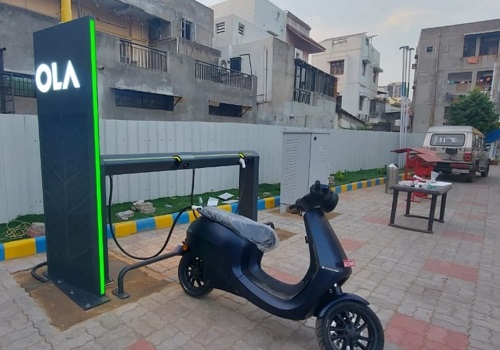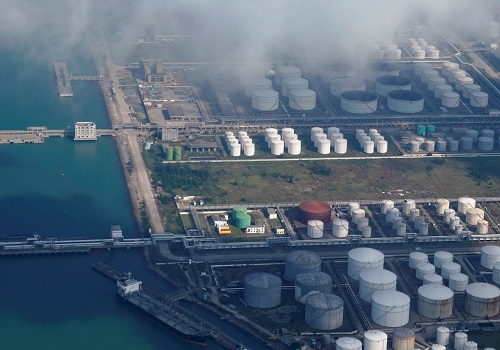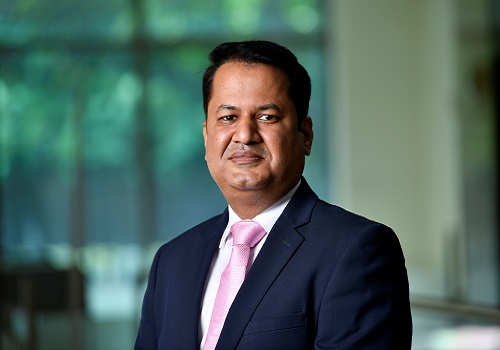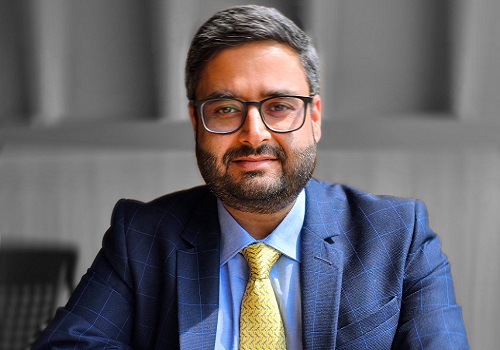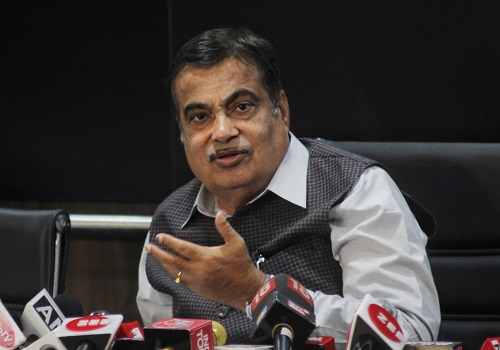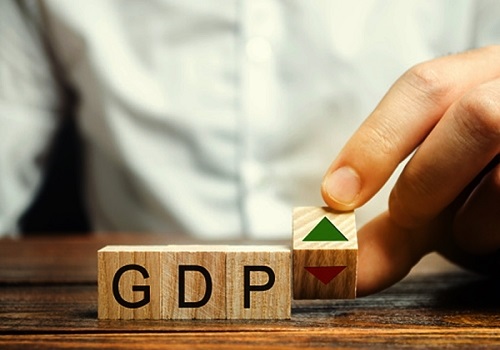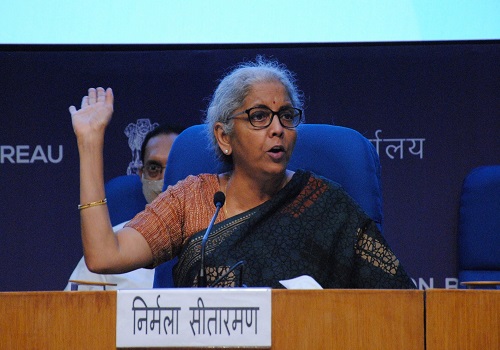CEOs don`t expect to see a return to `normal` until 2022

Follow us Now on Telegram ! Get daily 10 - 12 important updates on Business, Finance and Investment. Join our Telegram Channel
The CEOs of the world's most influential companies are planning what the 'new reality' will look like post-pandemic. The 2021 KPMG CEO Outlook Pulse Survey finds that almost half (45 per cent) of global executives do not expect to see a return to a 'normal' course of business until sometime in 2022, as opposed to nearly one-third (31 per cent) who anticipate this will happen later this year.
As the changes prompted by the pandemic have resulted in one-quarter (24 per cent) of CEOs saying that their business model has been changed forever by the global pandemic.
The study conducted by KPMG in February and March of this year asked 500 global CEOs about their response to the pandemic and the outlook over a 3-year horizon. A majority (55 per cent) of CEOs are concerned about employees' access to a Covid-19 vaccine, which is influencing their outlook of when employees will return to the workplace.
A significant majority (90 per cent) of CEOs are considering asking employees to report when they have been vaccinated, which may help organisations consider measures to protect their workforce. However, one-third (34 per cent) of global executives are worried about misinformation on Covid-19 vaccine safety and the potential this may have on employees choosing not to have it administered.
Bill Thomas, Global Chairman & CEO, KPMG, said: "Before any major decisions are made, CEOs want to be confident that their workforce is protected against this virus. The Covid-19 vaccine rollout is providing leaders with a dose of optimism as they prepare for a new reality. CEOs are scenario planning for difference across certain key markets that could impact their operations, supply chains and people, leading to uneven economic recovery.
"Our research shows that some executives have taken strong measures during the crisis to transform their operating model and ways of working, accelerating the rollout of key transformational projects, some by choice, some out of necessity. The pandemic has also been a catalyst for CEOs to evaluate the role their companies play in society. Many have given voice to issues they may not have previously commented on publicly - from tackling climate change to supporting the diverse communities they operate in - and we need to keep hearing those voices. There is much more to be done."
The has brought out key insights into how global CEOs are thinking during the continued run of the pandemic. Nine out of 10 leaders globally (90 per cent) intend to ask their employees to report when they have been vaccinated in order to protect the wider workforce. In India, 94 per cent CEOs intend to do so.
Similarly, majority of CEOs globally will wait for more than 50 per cent of population to be vaccinated before returning to the office. In India, this number stood at 76 per cent.
Also, 66 per cent CEOs in India as opposed to 74 per cent CEOs globally felt the pandemic has accelerated the digitisation of operations and creation of next-generation models.
About three-quarters (76 per cent) of CEOs globally see government encouragement for businesses to return to 'normal' as the prompt for businesses to ask staff to return to the workplace. In India, this number stands at 86 per cent.
In addition, 61 per cent of global executives as opposed to 76 per cent Indian executives said that they will also need to see a successful (over 50 per cent of the population vaccinated) Covid-19 vaccine rollout in key markets before taking any action toward a return to offices.
When employees can safely return to workplaces, one-fifth of companies (21 per cent globally as compared to 18 per cent in India) are looking to institute additional precautionary measures by asking clients and other in-person visitors to inform them of their vaccination status.
The research finds that only 17 per cent of global executives are looking to downsize their office space as a result of the pandemic as opposed to 22 per cent in India. In contrast, 69 per cent of CEOs surveyed globally in August 2020 said they planned to reduce their office space over 3 years, which demonstrates that either office downsizings have taken place or, as the pandemic has drawn on, strategies have changed. This number stood at 48 per cent in India in 2020
CEOs are considering what the new reality will look like, but post-Covid, only three in 10 (30 per cent) of global executives as compared to 32 per cent Indian executives are considering a hybrid model of working for their staff, where most employees work remotely 2-3 days a week. As a result, only one-fifth (21 per cent) of businesses globally are looking to hire talent that works predominantly remotely. In India this number is at about 22 per cent. This is a significant shift from last year (73 per cent in 2020 globally as compared to 77 per cent in India).



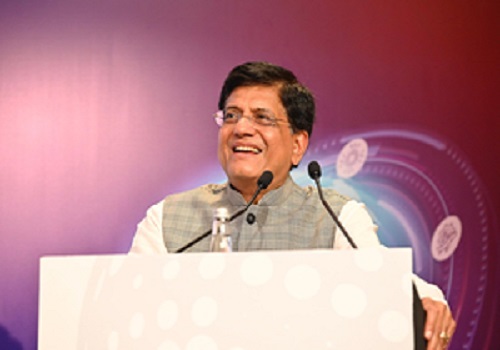

.jpg)








